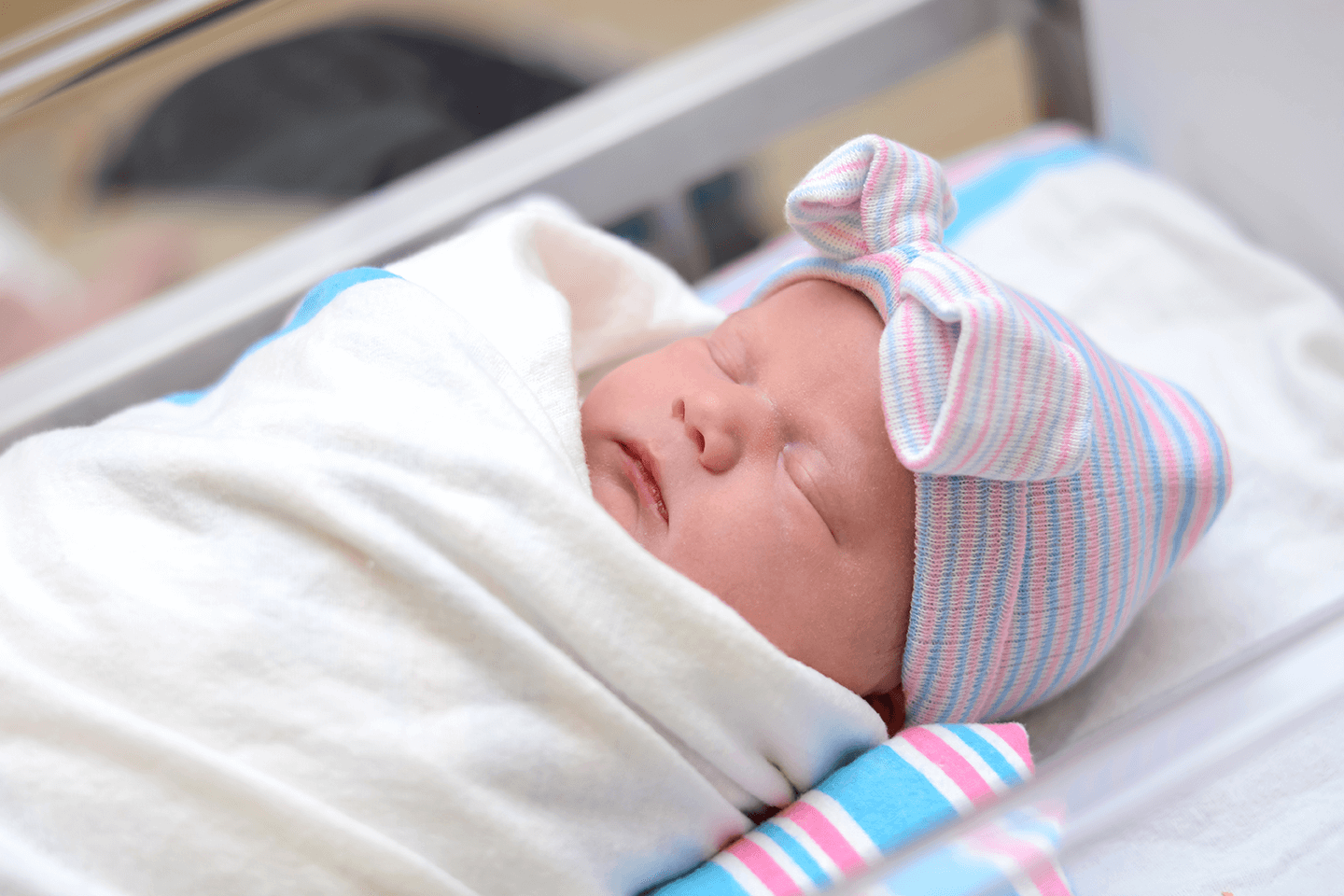You've got about 9 months to prepare for the birth of your baby. Think of all the fun stuff that you need to buy, such as strollers or toys. You will want to shower your baby with the newest and best things.
Some parenting skills are best learned on the fly, such as changing the messiest diapers effortlessly and painlessly. But, the list of things to do before the baby arrives and during his or her first few weeks is long, so it's a good idea to handle those tasks now.
Having a baby is not only taxing emotionally, but it will also take lots of money to properly take care of your baby. Read on to learn some tips on how you can have a baby on a budget.

Start Your Emergency Funding and Saving
Your baby's first visit with a doctor will come in her first week of life, so you'll want to have a doctor pick you up. Speak to friends and family to get recommendations, contact local hospitals, and ask a pediatricians to interview you before making your decision.
Get your emergency fund started or reviewed. If you do not already have a "rainy day fund", now is the time for any emergencies to be expected.
Kids are prone to accidents, and there is no telling if you will have the discretionary income to pay for any unforeseen expenses with the cost of raising a child. A great place to start is to have at least three to six months' worth of living expenses covered.
On the Hospital
Order a birth certificate and a card from Social Security. To prepare your new child's Social Security number and birth certificate, hospital staff can provide you with the appropriate paperwork.
If they don't or if you have a home birth, contact the virtual birth certificate records office of your state and the local Social Security office to receive a Social Security card.
Breastfeeding Budget Planning
Nurse your own baby, if possible. Not only is it safe, but in your child's first year, you can also save at least $1,400. Borrow a pump for the breast.
An electric pump (about $150 to $800) can be pricey, and it's just the plastic attachments that shouldn't be shared. You can purchase one of those starter kits for less than $45.
Local breastfeeding organizations can – at no charge – give home visits, or phone consultations. Don't hurry to purchase a wardrobe for breastfeeding.
Since you're going to spend most of your baby's first two weeks indoors anyway, wait at least that long before you buy clothes for nursing in public to make sure you're committed to breastfeeding.
Clothes
Select unisex types and colors for the clothes. And, don't buy shoes for your baby all the time. You should spend around $30 on your infant's leather boots.
But, when they're indoors, babies can learn to walk faster if they're barefoot. Buy special-occasion clothes secondhand.
Visit your local consignment shop and pick up a dress or a small suit for a fraction of its retail cost. Chances are it was worn only once or twice by its previous owner.
Baby Food
Sign up for updates and coupon deals from the baby-food industry. Visit Gerber, or other baby food sites to learn more.
Then, do your shopping at a baby club store: you can get $10 off your next purchase at your local supermarket after you spend $100 on qualifying things.
Make some food for your baby. Mashed steamed zucchini or a ripe banana is no biggie. Make one serving and save another, and you've got a buck in your wallet.
Diapers

Estimate how much you'll spend each month on baby supplies. By the time your baby is born, diapers alone will cost you $1,500 to $2,000 in total.
Think big when it comes to diapers. Lugging home one of the wholesale club's 228-count cartons is worth it, saving you about $170 a year.
Conclusion
Cut your expenses and keep a little thrift and ingenuity in the budget. Using specific tactics for thrifting, you can still have all your new little one would need and remain within a budget.
For new parents, several manufacturers send samples, discounts, and freebies to hospitals. Ask the nurses or medical staff before you come home if they have any available.




